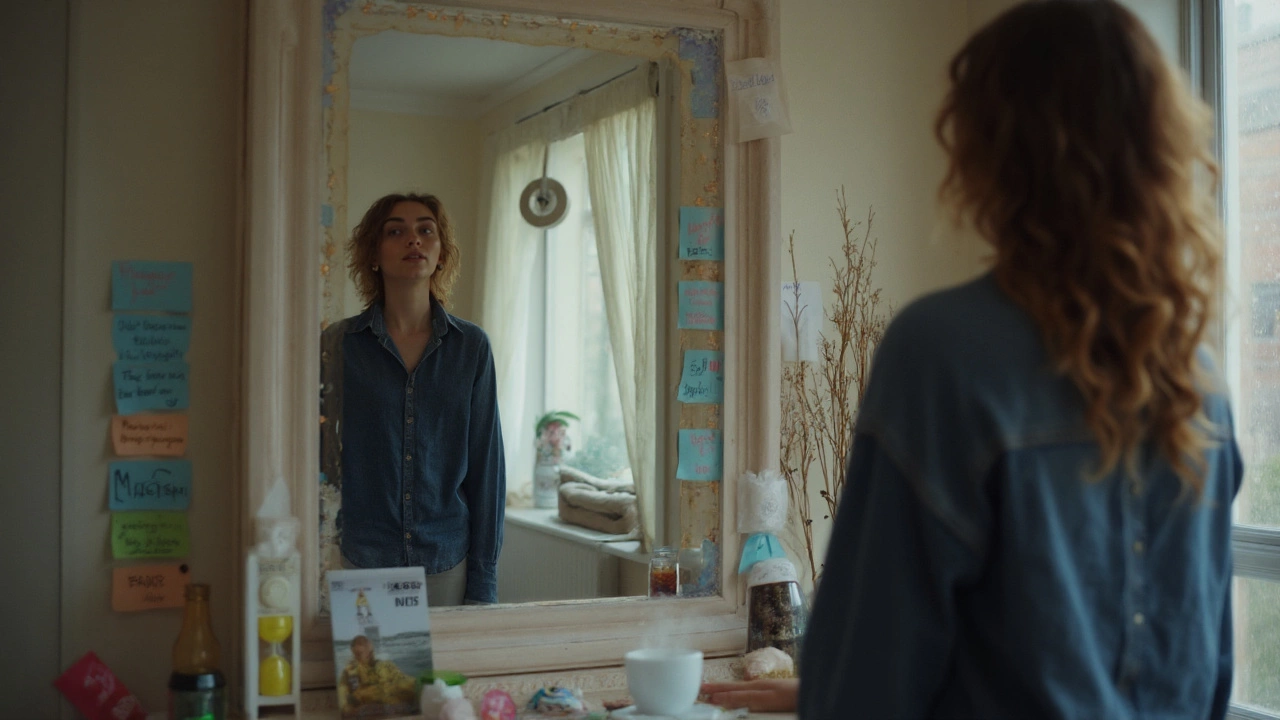Body Dysmorphia: What It Is and How to Spot the Signs
Ever stare at a mirror and think something is wrong with your face, skin, or body, even when friends say you look fine? That gut feeling can be more than just a bad day – it might be body dysmorphia, a condition where your brain tricks you into seeing defects that aren’t there. It’s not vanity or a simple lack of confidence; it’s a genuine mental‑health issue that can mess with daily life.
How to Recognise Body Dysmorphia
There are a few red flags that usually pop up. First, you might spend a lot of time checking the mirror, taking selfies, or even avoiding mirrors altogether because you can’t stand what you see. Second, you may feel intense shame or anxiety about a specific body part – skin, nose, weight, hair – even if it’s minor or invisible to others. Third, you often compare yourself to others, feeling you never measure up. Lastly, the obsession can lead to repetitive behaviours like camouflaging, excessive grooming, or seeking constant reassurance.
These thoughts don’t just stay in your head; they can affect work, school, relationships, and even sleep. If you notice that a single concern is taking over your life, that’s a strong hint you’re dealing with body dysmorphia.
Why It Happens and What to Do About It
Researchers point to a mix of genetics, brain chemistry, and life experiences. Growing up with critical comments about looks, seeing unrealistic images online, or a traumatic event can all play a role. The brain’s reward system can also get stuck on self‑criticism, making the negative thoughts feel normal.
Good news: there are proven ways to manage it. Cognitive‑behavioral therapy (CBT) is the go‑to treatment; it helps you challenge distorted thoughts and replace them with realistic ones. Some people also benefit from medication that balances brain chemicals. Simple habits like limiting mirror time, putting the phone away during grooming, and focusing on activities that don’t involve appearance can reduce the urge to obsess.
If you think you’re stuck, reaching out to a mental‑health professional is the smartest move. They can diagnose the condition and suggest a plan that fits your situation. You don’t have to go it alone, and early help often leads to faster improvement.
In a world that bombards us with perfect bodies, it’s easy to fall into the trap of seeing flaws that aren’t there. Remember, feeling uncomfortable with your looks sometimes is human – but when it hijacks your life, it’s time to act. Recognise the signs, talk to someone you trust, and explore treatment options. You deserve to see yourself the way others see you: whole and worthy.
Who actually gets obsessed with mirrors? Learn the psychology, the normal stuff (toddlers, dancers), red flags like BDD/OCD, and practical steps to reset your mirror habits.
Sep, 12 2025
